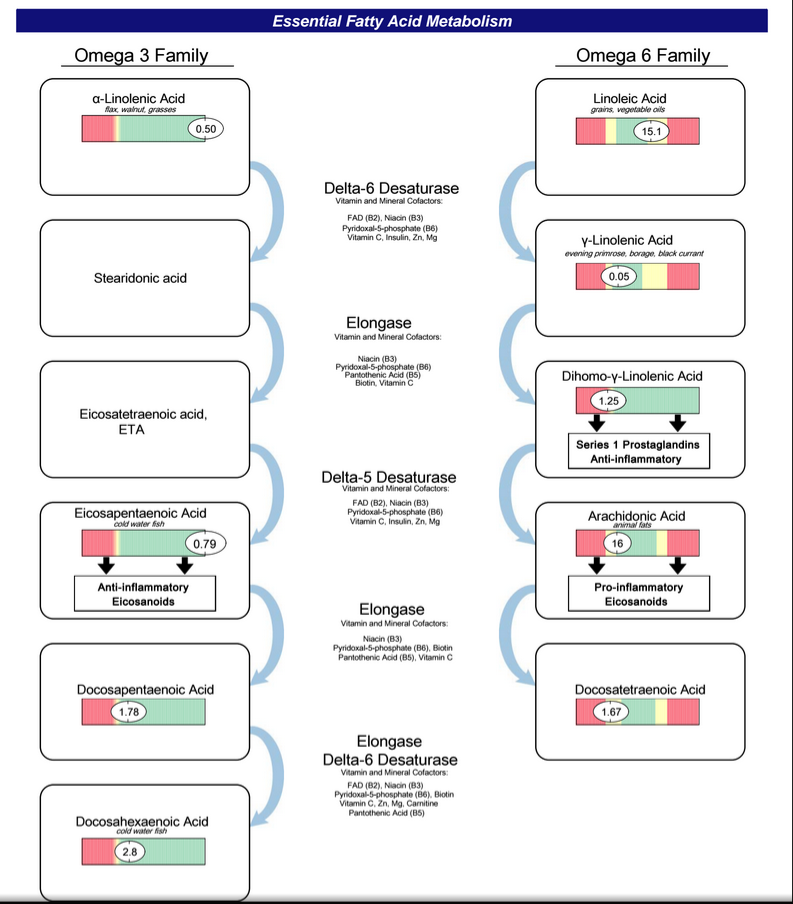CR = caloric restriction.
I'm not sure what fats are okay or not with gall bladder problems, but other options are:
Other sources of ALA besides flax, such as hemp, chia seeds, etc. But I'm not sure if there would be a difference in how your gall bladder likes that.
There is another fatty acid, Stearidonic acid, which may work better than ALA as far as conversion. But it's somewhat hard to find in supplement form... AOR makes one, and I think there is a vegan product on iHerb that does too, but it tends to be very expensive. No idea if it's actually worth it or not.
Or go for straight algae. Since you tolerate it well enough already, maybe look for an algae product with EPA too. Although most algae products are DHA only, they do have some nowadays that can produce small amounts of EPA, as well. Also keep in mind that DHA should (I think) convert partially to EPA in one's body. I know of a new algae product, Ovega --
http://www.ovega.com/ and V-Pure --
http://www.v-pure.co...save-the-world/ which are algae based and have both EPA and DHA. It's not as much EPA as found in some other sources, but it's better than nothing.
I imagine you've tried various digestive enzymes for your gall bladder issue already, but if not, you can maybe find something to help from these guys:
http://www.enzymedica.com/
They are great with giving out free samples too. Just email them what you are interested in, and they should send you off a box of like a dozen or so samples (or at least they used to do that).
Edited by nameless, 12 June 2011 - 12:54 AM.













































